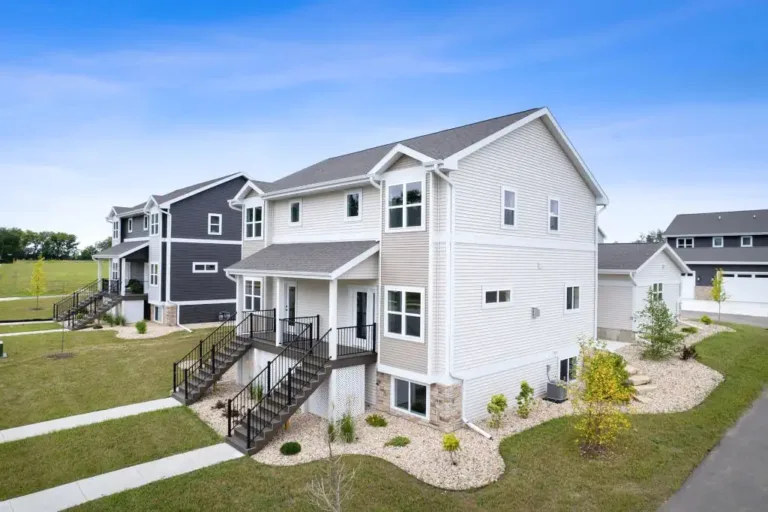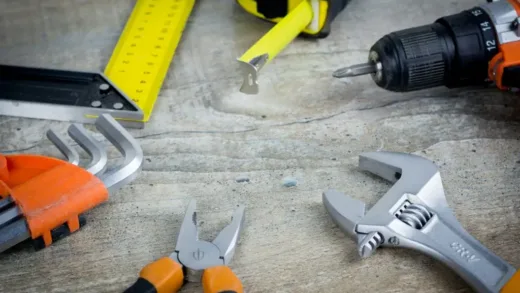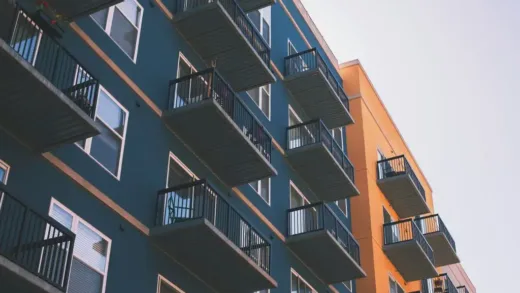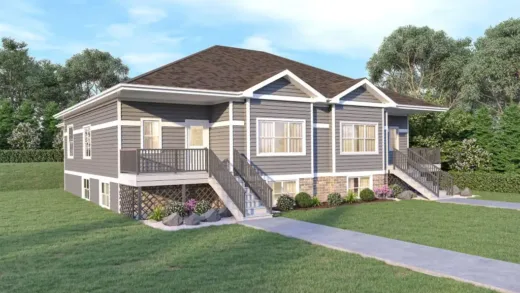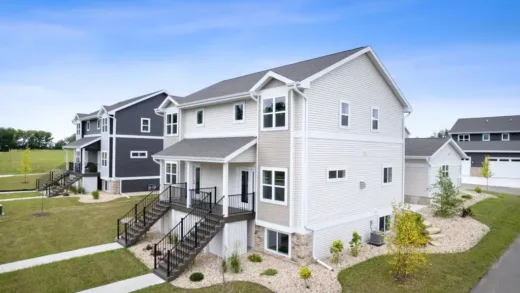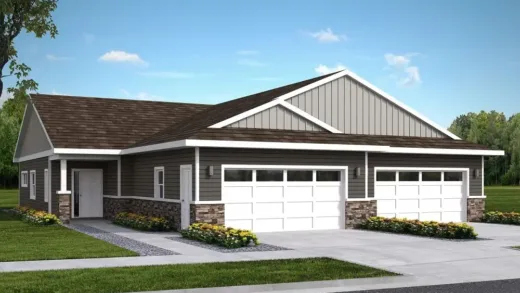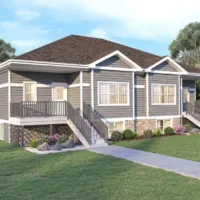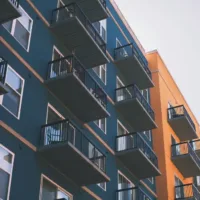In condominium living, Homeowners Associations (HOA’s) play a crucial role in managing and maintaining the property, ensuring that community standards are upheld and that residents enjoy a well-maintained living environment. For condo owners, understanding the operations, roles, and responsibilities of their HOA is essential for fostering a harmonious community.
This article delves into how a condominium HOA operates, the various roles and responsibilities involved, and the benefits of engaging with and maintaining a positive relationship with your HOA.
Contents
How a Condominium HOA Operates
A Condominium HOA is specifically designed to manage and oversee the shared aspects of a condominium community. Here’s an overview of how a condo HOA operates:
- Formation and Governance:
- Establishment: A condominium HOA is established when a developer builds a condo community. Initially, the developer oversees the HOA until a sufficient number of units are sold and control is transferred to the condominium owners.
- Governing Documents: The HOA operates under several key documents, including the Declaration of Covenants, Conditions, and Restrictions (CC&Rs), the Bylaws, and Articles of Incorporation. These documents outline the rights and responsibilities of the condo owners and the HOA’s governance structure.
- Board of Directors: The HOA is managed by a Board of Directors, elected by the condominium owners. This board is responsible for making decisions, enforcing rules, and managing the day-to-day operations of the HOA.
- Financial Management:
- Dues and Assessments: Condominium owners pay monthly or quarterly dues to the HOA. These fees cover the maintenance of common areas, administrative costs, and any community services provided.
- Budgeting and Accounting: The HOA board prepares an annual budget detailing projected income and expenses. Transparency in financial management is essential, and owners typically have the right to review the budget and financial statements.
- Rules and Regulations:
- Community Rules: The HOA enforces rules that maintain the appearance and functionality of the condominium community. These rules might cover architectural guidelines, noise restrictions, and use of common areas.
- Enforcement: The HOA is responsible for enforcing these rules. Violations can result in warnings, fines, or legal action if necessary. The enforcement process aims to ensure that all residents adhere to community standards.
- Maintenance and Upkeep:
- Common Areas: The HOA maintains shared spaces within the condominium, such as lobbies, hallways, elevators, recreational facilities, and landscaping. This includes regular cleaning, repairs, and improvements.
- Contracting Services: The HOA often contracts out services for maintenance and management tasks. Ensuring that these services are performed effectively is a key responsibility of the HOA.
Roles and Responsibilities
The effective management of a condominium HOA relies on the fulfillment of various roles and responsibilities. Here’s a detailed look at these aspects:
- Board of Directors:
- Leadership: The Board of Directors provides leadership and strategic oversight. Board members are elected by the condo owners and are responsible for making important decisions related to the community.
- Meetings: The board holds regular meetings to discuss community issues, financial matters, and other relevant topics. Condo owners are encouraged to attend these meetings and participate in discussions.
- Property Manager:
- Day-to-Day Operations: Many condominiums hire a property management company to handle daily operations, including maintenance, bookkeeping, and administrative duties.
- Coordination: The property manager acts as a liaison between the board and residents, addressing community needs and ensuring effective communication.
- Committees:
- Specialized Functions: Condominium HOAs often have committees that focus on specific areas such as architectural review, social events, or landscaping. These committees help manage various aspects of condo life and make recommendations to the board.
- Condo Owners:
- Compliance: Owners are responsible for following the HOA’s rules and regulations, maintaining their units, and respecting the community’s shared spaces.
- Participation: Active involvement in community meetings and events helps owners stay informed and contribute to the overall well-being of the condominium community.
Benefits of Getting Involved in Your Condo HOA
Active involvement in your condo HOA offers numerous benefits for both individual homeowners and the community as a whole. Here’s why engaging with your HOA is valuable:
- Influence and Representation:
- Voice in Decisions: Participating in HOA meetings and committees allows you to influence decisions affecting your living environment. This ensures that your concerns and preferences are considered.
- Community Representation: Engagement provides a platform for representing your interests and contributing to the decision-making process.
- Improved Community Relations:
- Building Relationships: Active participation fosters better relationships with neighbors and board members, leading to a more cohesive and supportive community.
- Conflict Resolution: Engaging in community activities and discussions can help address and resolve conflicts in a constructive manner.
- Enhanced Property Values:
- Maintaining Standards: When homeowners are actively involved, there is a stronger focus on maintaining and improving community standards, which can positively impact property values.
- Community Pride: Active involvement often leads to a greater sense of community pride and investment in the success of the condominium.
- Personal Fulfillment:
- Contributing to the Community: Many condo owners find satisfaction in contributing to the improvement of their community. Volunteering for committees or helping organize events can be fulfilling and rewarding.
- Skill Development: Participation in HOA activities can provide opportunities to develop new skills, such as leadership, budgeting, and event planning.
Maintaining a Positive Relationship with Your Condo HOA
Maintaining a positive relationship with your condominium HOA is essential for a harmonious living environment. Here are some tips for fostering this relationship:
- Open Communication:
- Feedback: Provide constructive feedback and voice concerns through appropriate channels. Effective communication helps address issues before they escalate.
- Respect: Respect the HOA’s authority and decisions, even if you disagree. Address conflicts respectfully and seek resolution through dialogue.
- Understand the Rules:
- Familiarity: Familiarize yourself with the HOA’s governing documents and rules. Understanding these guidelines helps prevent unintentional violations and ensures compliance.
- Involvement: Stay informed about community events and decisions by attending meetings and reading newsletters.
- Active Participation:
- Volunteer: Volunteer for committees or community events. Your involvement shows a commitment to the community and helps build a positive atmosphere.
- Attend Meetings: Attend HOA meetings to stay informed and engaged. Your presence demonstrates that you value the community’s governance and are willing to contribute.
- Address Issues Promptly:
- Timely Communication: If you encounter issues or concerns, address them promptly with the HOA board or management. Timely resolution helps maintain a positive relationship and prevents misunderstandings.
Conclusion
Understanding the operation, roles, and responsibilities of a condominium HOA is crucial for both current and prospective condo owners. The HOA plays a vital role in managing and maintaining the shared aspects of condo living, ensuring that the community remains attractive, functional, and enjoyable for all residents.
Active involvement in your HOA not only gives you a voice in community decisions but also fosters better relationships with neighbors and helps improve the overall quality of life in the condominium. By maintaining open communication, understanding and following the rules, and participating in community activities, you can contribute positively to your condo community and enhance your living experience.
Ultimately, a well-functioning HOA and an engaged community create a harmonious living environment where everyone can enjoy the benefits of condo ownership and the collective efforts of a supportive neighborhood.
